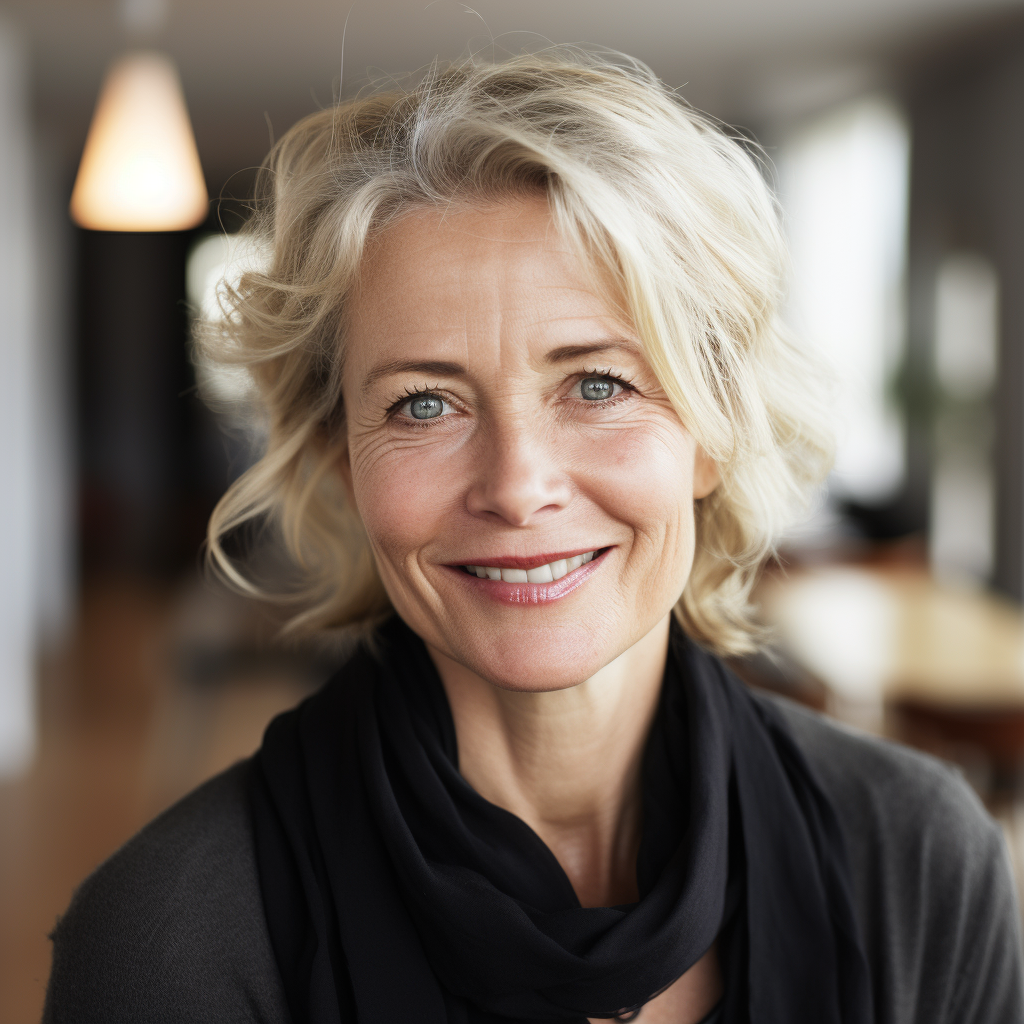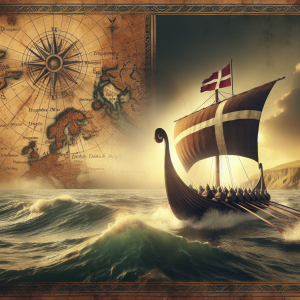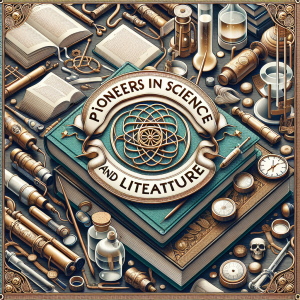Having grown up in Denmark, I have had the privilege of experiencing firsthand the rich cultural heritage that is deeply embedded in the Danish educational system. With a history dating back to the Middle Ages, the Danish education system has undergone significant transformations, yet has managed to preserve its unique cultural identity.
Historical Roots
The Danish education system has its roots in the Middle Ages, with the founding of the first schools and universities in the 12th and 13th centuries. The University of Copenhagen, established in 1479, is one of the oldest universities in Northern Europe and has played a pivotal role in shaping the country’s education system.
During the 19th century, Denmark underwent a series of educational reforms that aimed to provide free and compulsory education for all children. This emphasis on universal education laid the foundation for the modern Danish education system, which continues to prioritize equal access to education for all.
Folk High Schools – A Unique Danish Institution
One of the most distinctive features of the Danish educational system is the concept of the folk high school, or folkehøjskole, which was pioneered by N.F.S. Grundtvig in the 19th century. These schools are designed to provide non-formal, adult education that focuses on personal development, cultural enlightenment, and social engagement.
Attending a folk high school is a rite of passage for many young Danes, who often take a gap year to immerse themselves in an environment that encourages creativity, critical thinking, and community involvement. The højskole experience is deeply rooted in Danish culture and has a profound impact on students’ personal and intellectual growth.
Contemporary Educational Philosophy
Today, the Danish education system is characterized by a progressive and student-centered philosophy that emphasizes holistic development and experiential learning. The concept of læring ved at gøre, or learning by doing, is at the core of Danish pedagogy, which gives students the freedom to explore their interests and learn through hands-on experiences.
At all levels of education, there is an emphasis on fostering creativity, critical thinking, and independent decision-making. This approach aims to cultivate well-rounded individuals who are equipped to navigate an increasingly complex and interconnected world.
Inclusion and Equity
The Danish education system is renowned for its commitment to inclusivity and equality. In Denmark, education is considered a fundamental human right, and the government is dedicated to ensuring that all students have access to high-quality education, regardless of their background or circumstances.
- Special education programs and support services are available to students with diverse learning needs.
- The concept of klasseledelse, or classroom management, emphasizes creating a supportive and inclusive learning environment for all students.
- One of the key principles of Danish education is the belief that every student has unique talents and potential, and it is the responsibility of educators to nurture and develop these abilities.
Teacher Training and Professional Development
In Denmark, teachers are highly respected professionals who undergo rigorous training and continuous professional development. The Danish tradition of lærerstuderende, or teacher training, is deeply rooted in a holistic approach to preparing educators to meet the diverse needs of students.
Teachers are encouraged to take on the role of lærer-coach, or teacher-coach, in which they guide and support students’ intellectual and personal development. This coaching model reflects the collaborative and empowering nature of Danish education, in which educators serve as mentors and facilitators of learning.
Global Perspectives and International Outreach
As a small, open society, Denmark places great value on global citizenship and international cooperation. The Danish education system prioritizes internationalization and intercultural understanding, with the goal of preparing students to thrive in a globalized world.
- Many schools offer bilingual education programs and opportunities for cultural exchange with students from around the world.
- The Danish government provides support for international education initiatives and partnerships with educational institutions in other countries.
- Study abroad programs are popular among Danish students, who seek to broaden their horizons and gain new perspectives through international experiences.
Conclusion
The cultural heritage of the Danish educational system is a testament to the country’s commitment to progressive, inclusive, and student-centered education. With its emphasis on personal development, experiential learning, and global citizenship, the Danish education system reflects the values and aspirations of Danish society at large.
As I reflect on my own educational journey in Denmark, I am grateful for the opportunities I have had to grow and learn in an environment that celebrates diversity, fosters creativity, and encourages a lifelong love of learning. The cultural richness of the Danish education system has undoubtedly shaped me into the person I am today, and I am proud to be part of a heritage that values education as a cornerstone of a vibrant and inclusive society.




